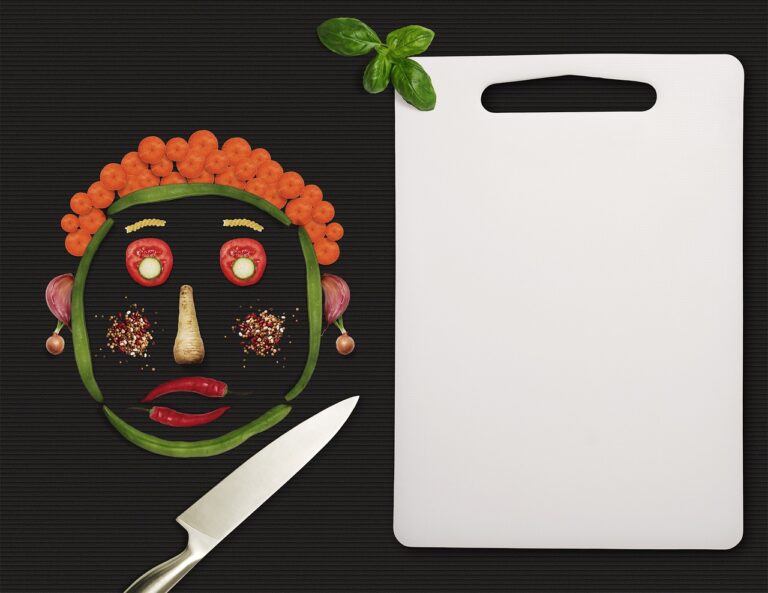Understanding and Managing Anemia
Symptoms of anemia typically manifest as fatigue and weakness, as the body lacks sufficient red blood cells to carry oxygen to tissues and organs. This can lead to feelings of tiredness even with adequate rest and can impact day-to-day activities. Additionally, individuals with anemia may experience dizziness or lightheadedness, especially upon standing up quickly or exerting themselves physically.
Furthermore, anemia can cause pale skin and nails, as decreased red blood cell production affects the body’s overall blood circulation and can result in a visibly paler complexion. Some individuals may also notice shortness of breath, rapid heartbeat, or chest pain, particularly when engaging in physical activities that require increased oxygen intake. These symptoms can vary in severity depending on the type and cause of anemia, underscoring the importance of timely diagnosis and appropriate treatment.
Causes of Anemia
Anemia can be caused by various factors, with one common reason being a deficiency in iron. Iron is an essential mineral for the production of hemoglobin, the protein in red blood cells that carries oxygen throughout the body. When the body lacks sufficient iron, it can result in a decreased production of healthy red blood cells, leading to anemia.
Another prevalent cause of anemia is a deficiency in Vitamin B12. This vitamin plays a crucial role in the production of red blood cells by aiding in the synthesis of DNA, the genetic material in cells. Without an adequate supply of Vitamin B12, red blood cell formation is impaired, resulting in anemia. Vegan individuals or those with certain gastrointestinal conditions may be at a higher risk of Vitamin B12 deficiency and subsequently developing anemia.
Types of Anemia
There are several types of anemia that people may experience, each with unique characteristics and causes. Iron-deficiency anemia is one of the most common types, stemming from a lack of iron in the body. This essential mineral is crucial for producing hemoglobin, the protein in red blood cells that carries oxygen. Without enough iron, the body struggles to make an adequate amount of healthy red blood cells, leading to anemia.
Another type of anemia is known as vitamin deficiency anemia, which occurs when the body lacks essential vitamins like vitamin B12 or folate. These vitamins play a vital role in red blood cell production and maturation. Without sufficient levels of these vitamins, the body’s ability to create healthy red blood cells is compromised, resulting in anemia. This type of anemia can often be addressed by increasing vitamin intake through diet or supplements.






